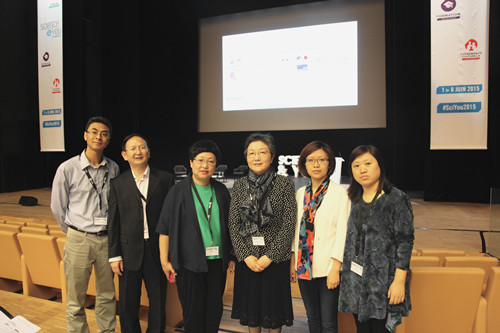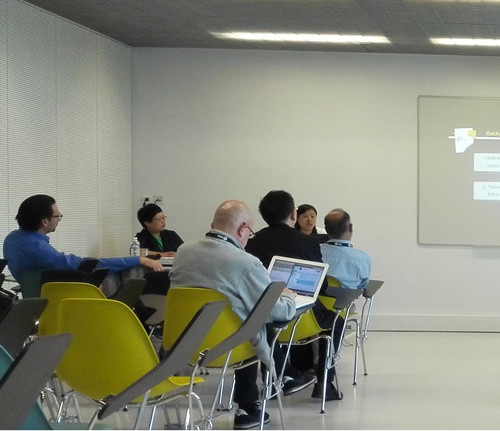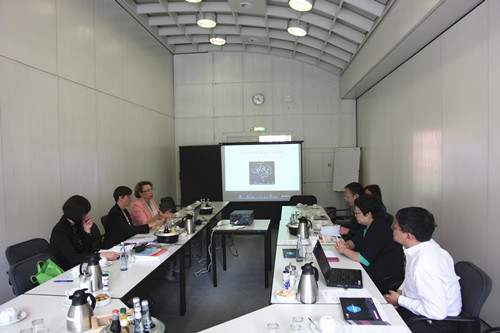CRISP-led Team Paid a Visit to France and Germany
Release: 2015-06-24
Author:CRISP
Font-Size:
Small
Middle
Large
Source: CRISP
The international conference “Science and you 2015” kicked off in Nancy, France from 2nd to 5th, June. The theme of this conference is “science popularization under the current times—strategy and action measures” .Starting in 2012, this conference has gradually become a high-level international platform attracting a wide array of journalists, business leaders, politicians as well as scholars in the field of science popularization, etc. It has played a virtually important role in the promotion of science popularization endeavors on an international platform.

Under the invitation of the organizer of the conference, CRISP led a team to attend it. Cheng Donghong, Vice President of CAST, made a keynote speech at the conference. CRISP-led team successfully held a round-table meeting under the topic of “science popularization on media: qualitative and quantitative analysis.” Zheng Nian, Wang Dapeng and Wu Dan, etc. exchanged their thoughts with participants concerning science popularization on media. Scholars from such countries as India, France and Germany also shared their research interests and achievements with those present.

During the conference, the team took part in the plenary session and some sessions important to the research interests of CRISP. They made in-depth exchanges with participants coming from various countries on the topics which they showed shared interest in.
After the conference, the team paid a visit to Ruhr Industrial Area Association (RIAA) in Germany, where they held a seminar with RIAA concerning the protection of science cultural heritage, they also had discussions with research team of Hochschule Rhein-Waal-University of Applied Sciences regarding the theme “science culture evaluation”.

This visit led by CRISP was rewarding, CRISP has established and maintained sound relationships with a large number of scholars and experts around the world through a platform of mutual exchanges and cooperation. This will be conducive to the development of CRISP in the future.